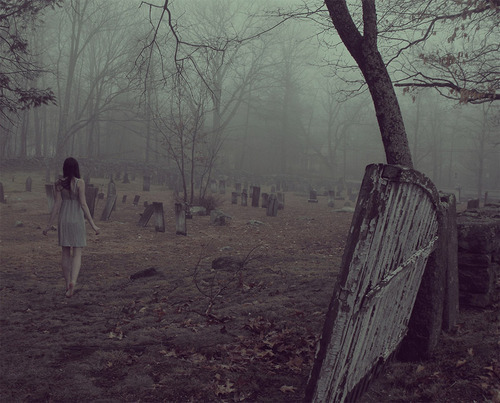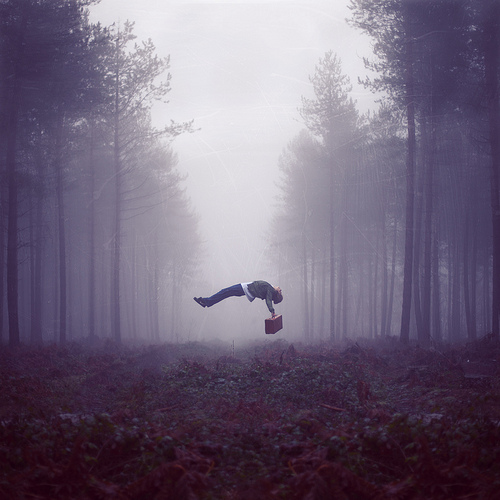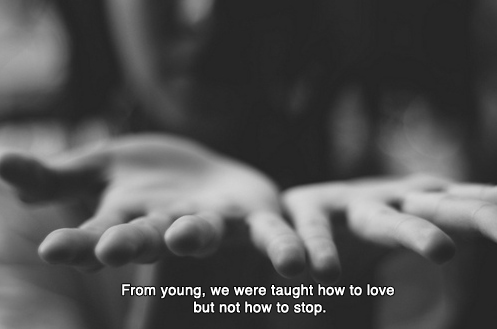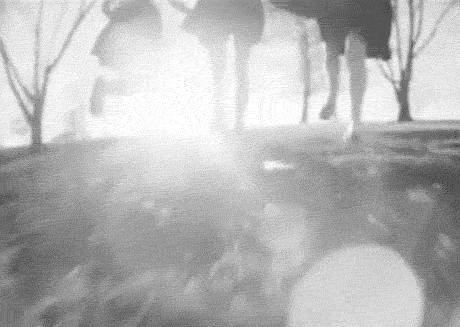(FIPRESCI Website, May 2013, 2013)
In the late eighties, Canadian experimental filmmaker Mike Hoolboom was diagnosed with HIV, resulting in him increasing his rate of production rapidly. So far, Hoolboom has made more than fifty films and videos, which have appeared in more than four hundred festivals, receiving around thirty awards — including twice the Best Short Film award at the Toronto International Film Festival, as well as two life time achievement awards for the filmmaker and several retrospectives of his works. Quite a few of Hoolboom’s films have been selected for the International Short Film Festival Oberhausen, an old and prestigious festival that pays special attention to the experimental and avant-garde cinema.
Through more than two decades, Hoolboom has been a long time chronicler of the HIV virus and its effects. This is also the theme of his 2013 film Buffalo Death Mask, which was awarded this year’s FIPRECI Prize in Oberhausen. Addressing the disease with a both earnest and poetic approach, however, Buffalo Death Mask also has a more general and universal appeal, discussing life and love as well as sickness and death. Indeed, these are big and heavy issues, which the film nevertheless treats with a surprising amount of humor, and manages to give some original and interesting perspectives.
As Buffalo Death Mask begins, a face with vague features emerges, almost looking more like a mask than a human face, a bit later replaced by a somewhat clearer one. The slowly rotating images are accompanied by atmospheric music, and by texts at the bottom of the screen which at first appear to be more or less esoteric poetry, but are then revealed to be someone’s — most likely the filmmaker’s — deeply personal memories of a lost loved one.
After this establishing part of the film, other powerful, dreamlike images unfold, as the sound shifts to a recording of a conversation between Canadian painter Stephen Andrews and Hoolboom himself. Both having survived the HIV virus long enough to receive the new life saving cocktail of medicines, they are the fortunate ones, but have both lost people they loved to this plague of the twentieth century.
In their strikingly sincere conversation, they lament both the disease in general and these deaths in particular. Nevertheless, warmth and humor are just as striking features of the talk, making its content almost as soothing as the sound of the men’s voices.
While they recollect the deceased, the two men reflect as well on how losing those who love you also means losing parts of yourself — in terms of losing their recollections of you, as well as their feelings for you. As Andrews puts it in the film: If you don’t have these people who know you, then where are you?
Thus, the film acknowledges how we are dependent on others to define ourselves, no less in love than in life in general, yet refuses to let anyone be defined by a disease, however fatal.
Furthermore, these openhearted and quite gripping discussions are illustrated with equally strong visual footage of several individuals and their signs of the disease, as well as images of more general crowds and communities. This imagery serves to illustrate the film’s many poetic juxtapositions, combining the specific with the universal, memories with the present, lightheartedness with melancholy, and, ultimately, addressing both survival and defeat. Certainly celebrating life, while also addressing the unfairness and even ambivalence of still being around, when so many others are gone.
Mike Hoolboom’s Buffalo Death Mask is rich, complex, and somewhat enigmatic, yet has an appealing simplicity to it. The winner of the International Critics Prize at the 59th Oberhausen International Short Film Festival can be described as both a personal documentary and a visual poem, and is a striking, warm and beautiful film. A true cocktail, indeed.
Aleksander Huser is a Norwegian film critic and journalist, writing for monthly magazine Cinema and online newspaper Nettavisen. He holds an M.A. in film studies from the University in Oslo, as well as a Writer-Director Diploma from the London Film Academy.



